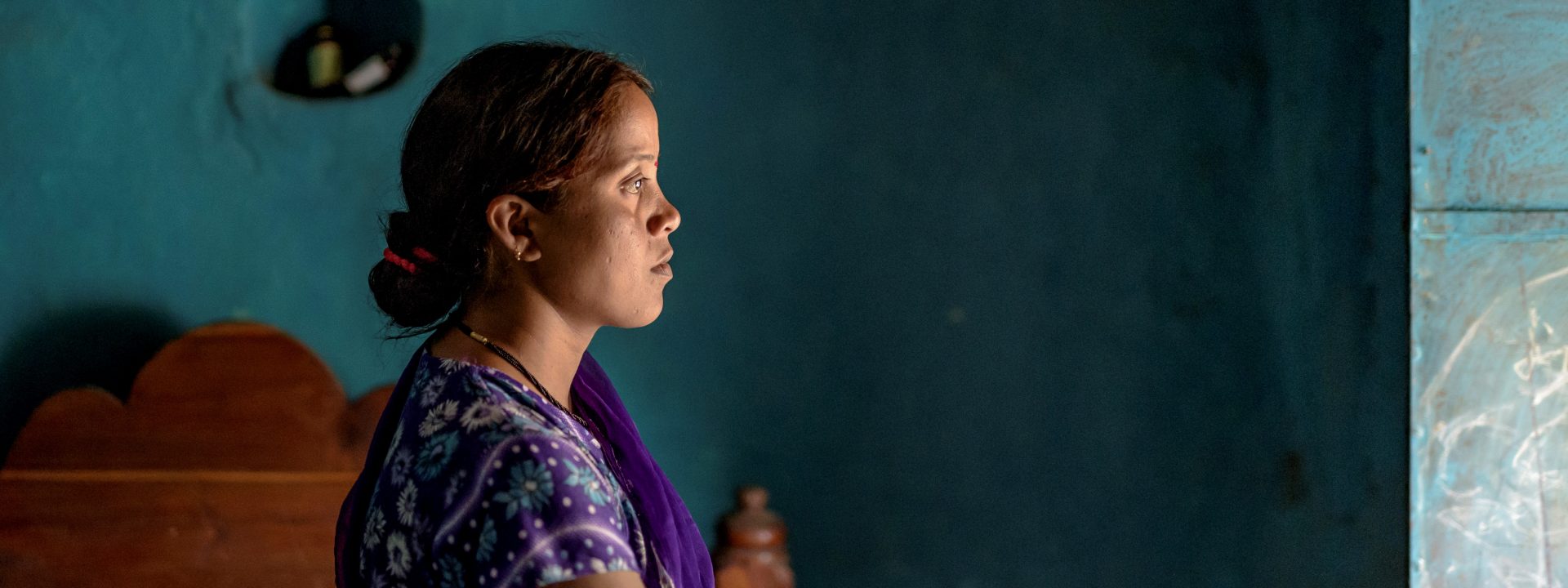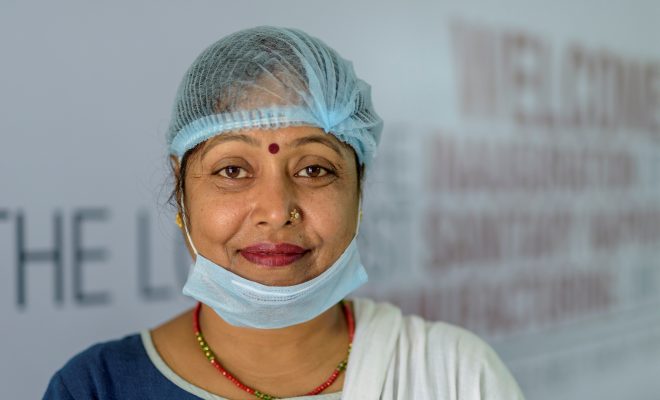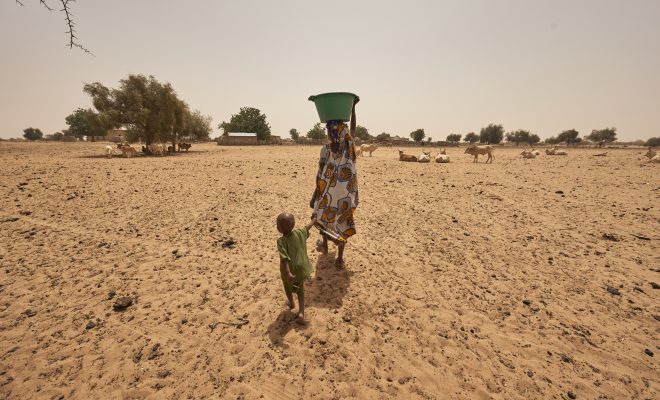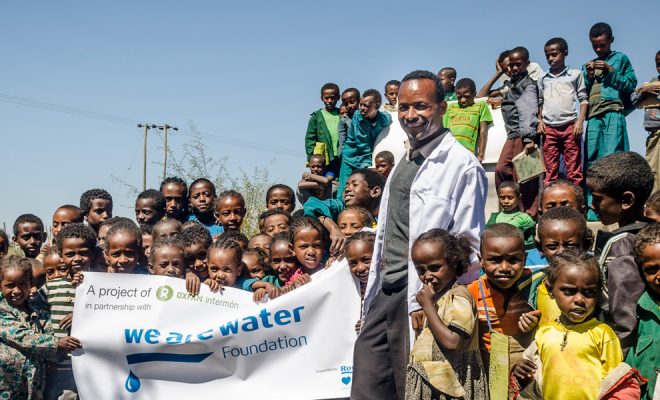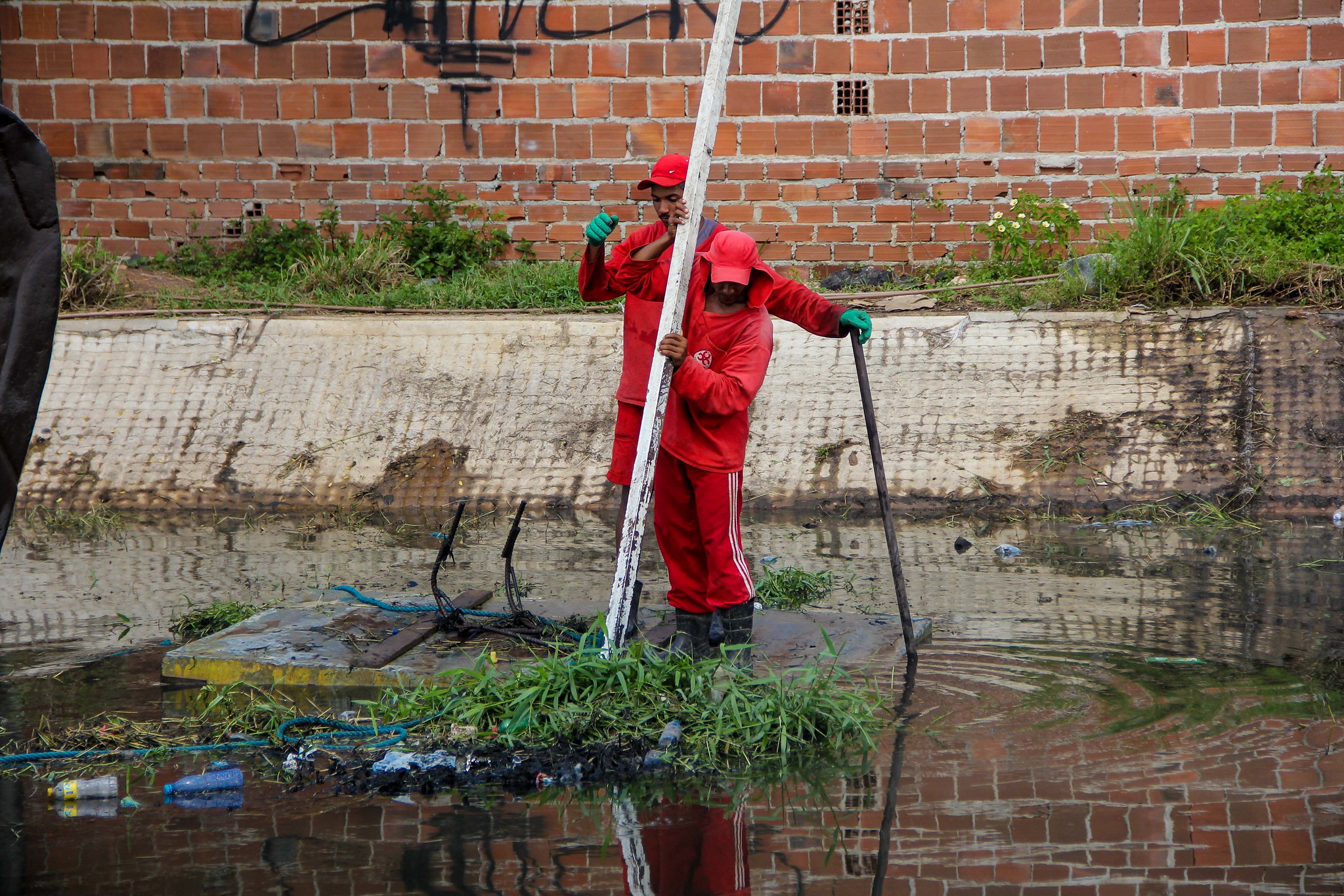
The revitalization of the Malaria Channel included gutter lining, cleaning and dredging the ditch. The canal is one kilometer long and runs from the mouth of the Beberibe River, on Maruim Island, to Largo do Varadouro.© Prefeitura de Olinda Canal da Malária
April 25th was World Malaria Day. The event, driven by the WHO since 2007, went virtually unnoticed in the international media, buried by the alarm of the Covid-19. Malaria is a disease that kills more than 400,000 people every year, 90% of them in Africa. Other pandemics such as tuberculosis and AIDS, together with malaria, cause the death of nearly three million people annually, mostly in Sub-Saharan Africa and South Asia.
In 2000, under the leadership of WHO, the Global Fund to Fight AIDS, Malaria and Tuberculosis was established. Made up of partners, governments and institutions from more than 100 countries, the Fund presented its results last October in Lyon, France: since its establishment, it has saved the lives of more than 27 million people and raised more than 12.7 billion euros. The main goal of the Fund, which has the Bill & Melinda Gates Foundation as one of its major contributors with $2.24 billion, was to save 16 million lives and prevent 234 million infections from these three pandemics by 2023. Coronavirus infection is a threat to achieving this.
Unifying efforts and taking advantage of experiences
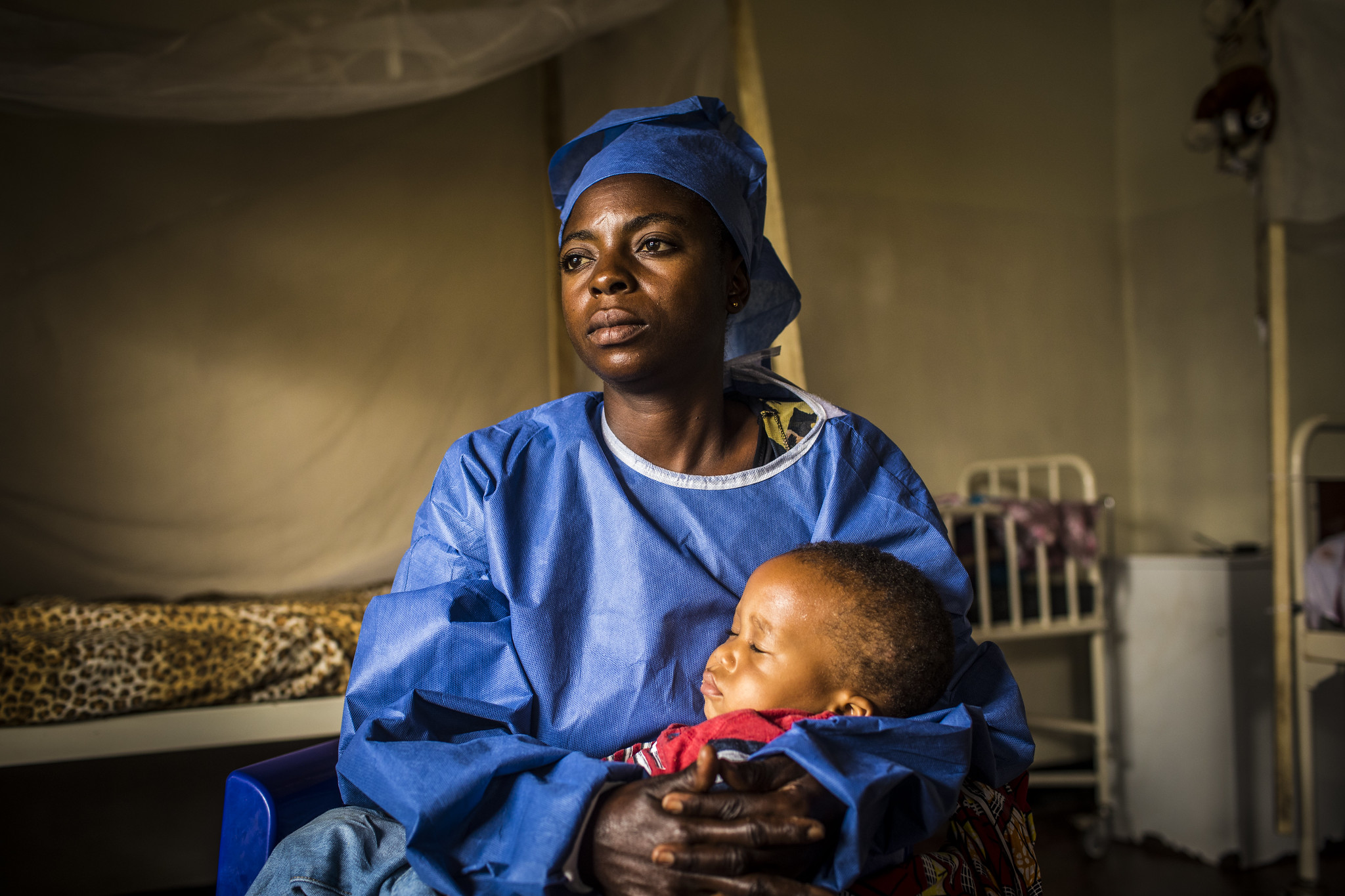
Caregiver child at the Ebola Treatment Center. Unicef. Beni, North Kivu region, Democratic Republic of Congo © Vincent Tremeau/World Bank
When the new pandemic broke out last March, the Fund warned of its catastrophic impact on the world’s most vulnerable communities, and of the threat it posed to those infected with HIV (Human Immunodeficiency Virus causing AIDS), tuberculosis and malaria. However, in a display of coherence in the face of the fourth major pandemic, the Fund provided immediate funding of up to $1 billion to help countries fight Covid-19 and prevent the fragility of the overwhelmed health systems in the most affected countries. “On World Malaria Day it is vital that we work together to ensure that the progress we are making is not lost. In the face of Covid-19’s challenges, we need to be more united in our fight,” Peter Sands, the Fund’s Executive Director, wrote on Twitter.
The dramatic reduction in malaria deaths over the past 20 years is ranked by WHO as one of the greatest medical achievements of the last century. Its experience is invaluable as is that of the fight against AIDS and tuberculosis. The development and implementation of detection and testing protocols has been fundamental in all three pandemics and is now one of the global key points in the fight against the new virus. It has also been crucial in the implementation of therapies, which is very difficult in many geographically remote areas and in communities that are culturally hostile to medication. However, its success has been remarkable: the distribution of antiretrovirals has reduced AIDS deaths by 56%; and early diagnosis and the use of antibiotics have reduced TB deaths by 22% in recent years.
Risk groups: avoiding double contagion
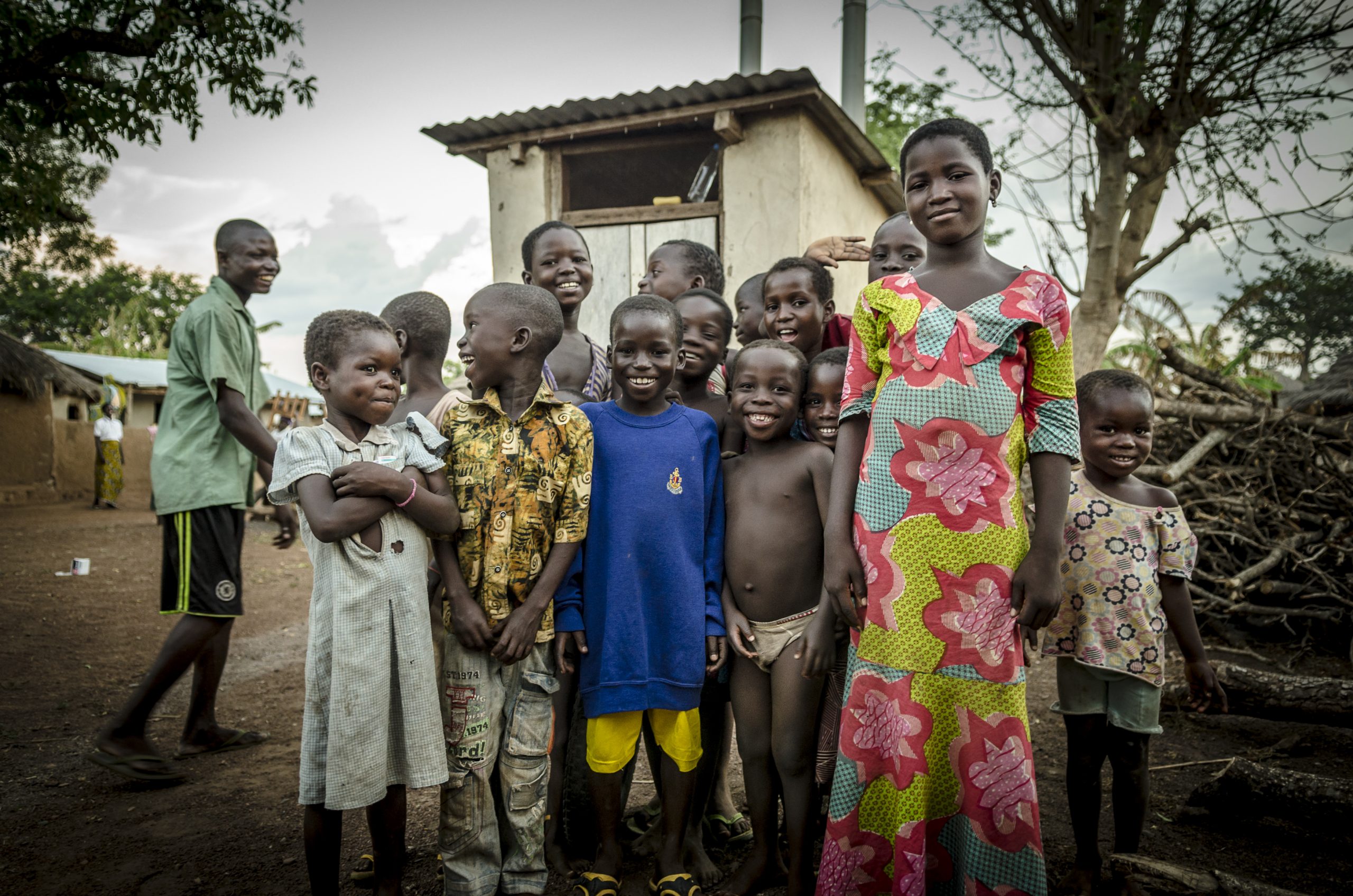
© Carlos Garriga / We Are Water Foundation
Tuberculosis is an almost forgotten disease in the richest countries, but it is the infectious disease that takes the most lives in poor countries: every year 1.5 million people die from infection with the Koch bacillus. As for malaria, which is transmitted by the bite of mosquitoes of the Anopheles genus, control strategies are more complex as they involve fumigating homes, installing and using mosquito nets, and mass medication.
In this case, the direct relationship that mosquito reproduction has with stagnant water also requires control of these surface waters (rivers, lakes, ponds and pools). According to the WHO, 60% of the incidence of malaria occurs in several countries with enormous problems of access to water and sanitation, and in which the We Are Water Foundation has developed projects, such as the Democratic Republic of the Congo, Burkina Faso, Ghana or Uganda. In addition to others such as Cameroon, Mozambique, Niger and Nigeria. These eight countries are home to more than half of the 159 million people directly supplied with surface water in the world. The management of anopheles control intersects here with the endemics of diarrhea and other diseases due to the consumption of contaminated water that is common in these cases.
The additional problem pointed out by the WHO is that patients with these diseases form groups at risk from Covid-19: AIDS patients are immunosuppressed, and those with tuberculosis have damaged lungs. It is essential to avoid co-infection in these particularly vulnerable groups, whose treatment is in danger of being interrupted by the lack of drugs and protective material due to the closure of borders.
SDG 3, seriously threatened
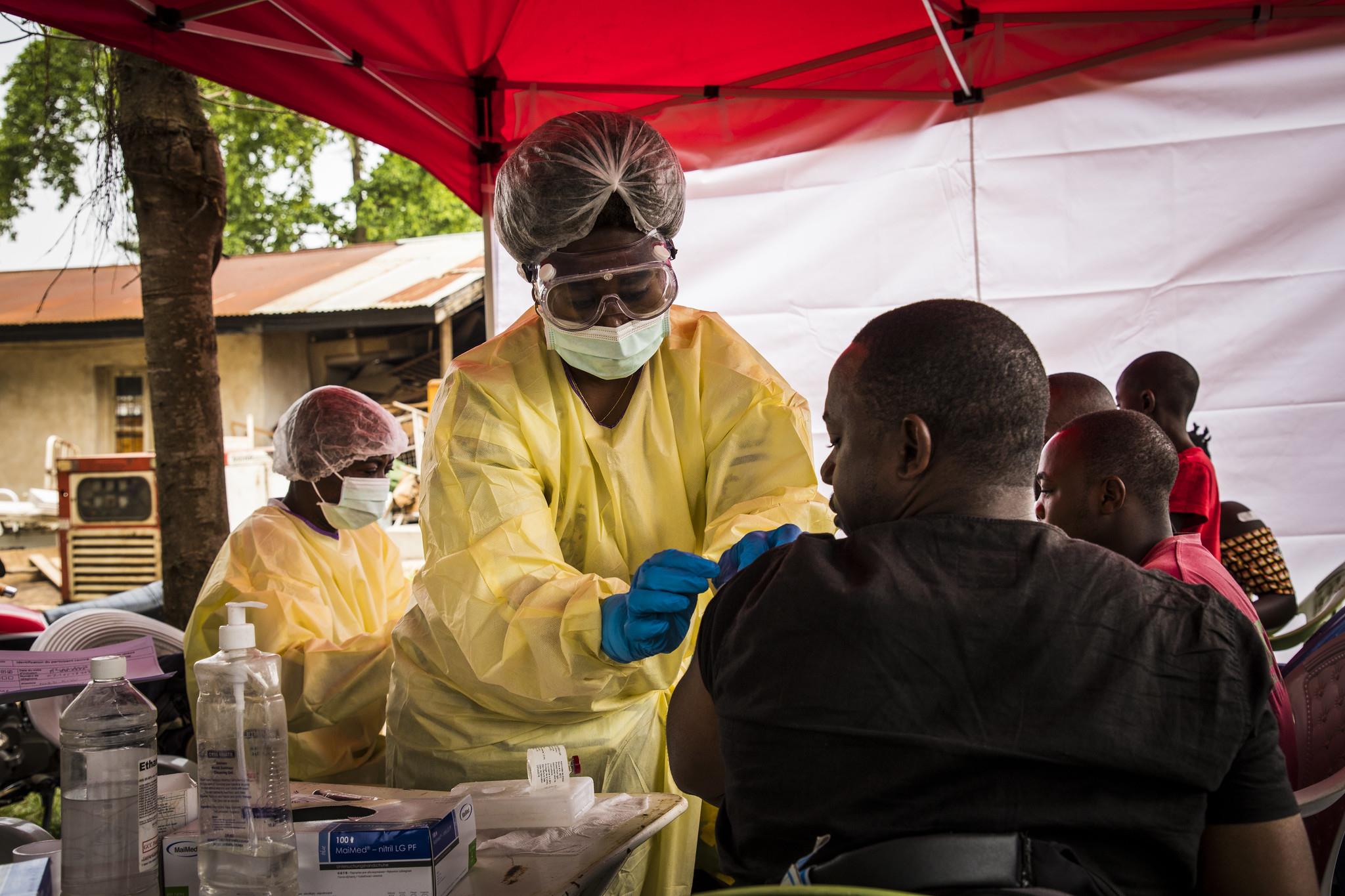
Health workers put their Personal Protective Equipment on before entering the zone where people suspected of having Ebola are held in quarantine to be monitored and treated at the Ebola Transition Center. Beni, North Kivu region, Democratic Republic of Congo. © Vincent Tremeau/World Bank
Since the establishment of the SDGs in 2015, these three diseases have emerged as the world’s main battleground for achieving Sustainable Development Goal number 3 (Health and well-being for humanity). Now Covid-19 adds uncertainty to what was already difficult to achieve before. The WHO, NGOs and scientific institutions fighting pandemics warn that the emergence of the coronavirus threatens to reverse costly advances made in prevention, treatment and research.
As was the case with the Ebola epidemic in 2014 in Africa, hospitals are at risk of being associated with outbreaks of the disease, so people tend to avoid them, which exacerbates the problem of treating other diseases. In this case, fear of Covid-19 can lead to more deaths from interrupted treatment of other diseases than the coronavirus infection itself.
And it’s not just the pandemics. The so-called “neglected tropical diseases” have patient groups that can be definitively abandoned. The WHO points to 15 such diseases that affect more than a billion people. They are infections that develop in environments of extreme poverty, especially in the hot and humid environment of tropical climates. Most of them are transmitted by insects such as mosquitoes, tsetse flies, kissing bugs and so-called filth flies. Many are spread by contaminated water and soil infested with worm eggs. Transmission cycles are perpetuated by environmental contamination, poor living conditions and lack of hygiene.
One of the positive aspects that we must draw from the coronavirus pandemic is an awareness of the global nature of the tragedy and of the importance of moving forward together, looking without fear at the other tragedies that we did not know about or had forgotten. These are no longer isolated problems; the solution of one must lead us to the solution of the others.


